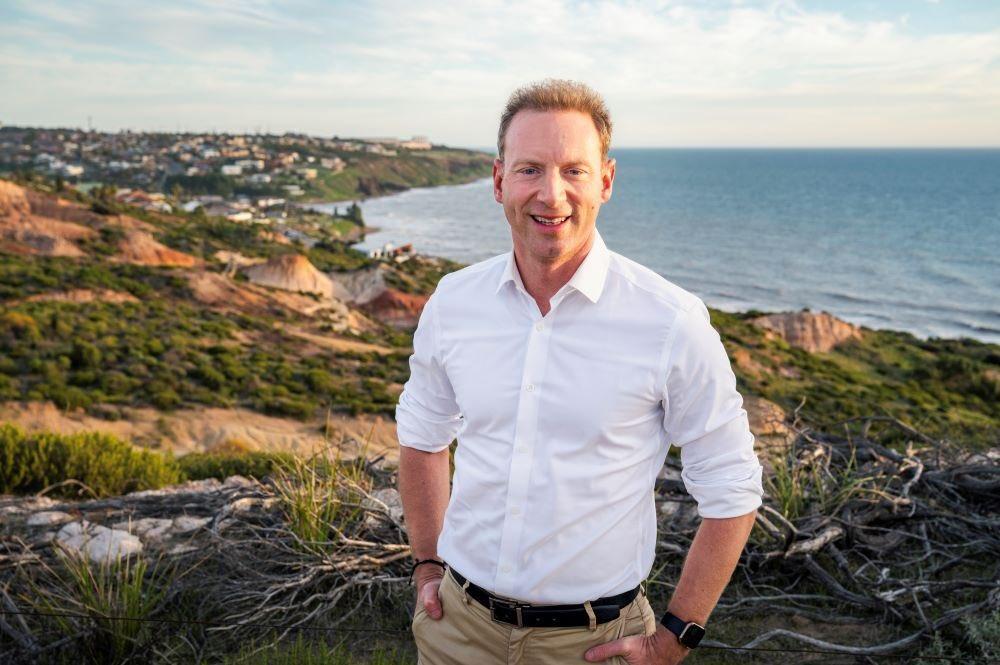The former leader of the Liberal Opposition in South Australia has lost his bid to be discharged without conviction after pleading guilty to two charges of supplying a controlled substance to another person on separate occasions in August last year.
At a previous appearance, his lawyer had asked that the court not record a conviction so his client could travel overseas, but on April 24, the magistrate declined that application and fined Speirs $9,000 and ordered that he undertake 37-and-a-half hours of community service.





